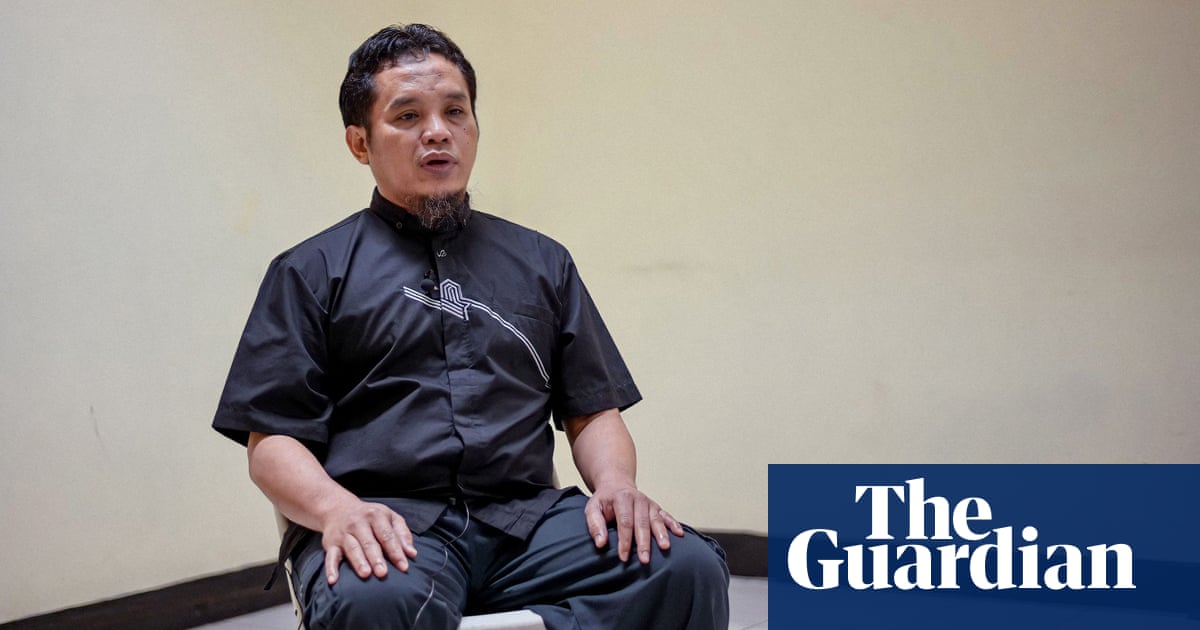Ali Imron, who was given a life sentence for his role in the 2002 Bali bombing, is seeking a presidential pardon, saying he wants to be released so he can work on deradicalisation projects across Indonesia.
Imron, 54, has spent 21 years in prison over the bombings that killed 202 people on the Indonesian island of Bali, including 88 Australians and 38 Indonesians.
In an interview with the South China Morning Post (SCMP) – which reported he hopes for a pardon from Indonesian president Joko Widodo – he said he felt “tired”.
“I don’t want to be released purely for personal reasons,” Imron told SCMP. “I want to be free so that I can work on deradicalisation programmes across Indonesia. From a personal point of view, I am better off inside where there is no risk to my life.”
“I have to tell people the facts … Jemaah Islamiyah still exists as an organisation and there is still a potential threat to the public,” he said, referring to the terror group that carried out the Bali attack.
“There is only so much I can do from prison to warn people not to plan any more attacks.”
While in prison he has been involved in government deradicalisation programmes, including speaking at schools to warn against extremism. The Indonesian government has combined such deradicalisation work with security crackdowns as part of its counter-terrorism efforts.
Imron, who was an Islamic boarding school teacher prior to the attack, was sentenced in 2003, aged 33, for assembling and transporting explosives used in the attack. He was one of the few defendants to express remorse.
His older brothers, Amrozi bin Nurhasyim, and Ali Ghufron, as well as Imam Samudra were sentenced to death. They had defended the bombings as necessary to avenge the treatment of Muslims at the hands of the US and Israel.
Any pardon for Imron could prove highly controversial in Australia where many victims of the attack were from.
Umar Patek, who was jailed for 20 years in 2012 after he was found guilty of making bombs that ripped through two Bali nightclubs, was released on parole in December 2022.
His release sparked anger in Australia, including among victims’ families. The Australian government said at the time that many of its citizens would be “deeply hurt” by Patek’s release, and that it had “sought assurances from the Indonesian government that he will be subject to ongoing supervision and monitoring”.







